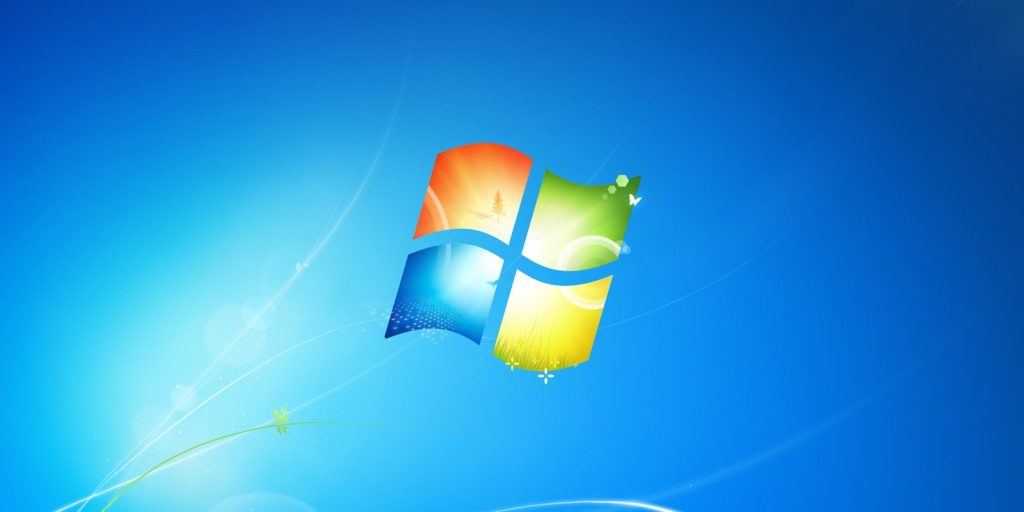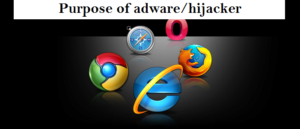Chrome 90 Released For Windows: What’s New About It
Google’s new browser Chrome 90 is now rolling out to users on Windows 10 and other operating systems as well. Reportedly, the new version includes multiple consumer-centric features and security improvements. Also, this new version is called to be the first version that features to load all URLs via HTTPS protocol automatically.
Being more precise to older Chrome versions, when the users used to enter any URLS, the browsers used to ping HTTP protocol first before redirecting users over HTTPS. But, with the new release of Google Chrome 90, it will use to ping HTTPS protocol first instead of HTTP.
Probably, it’s better known to users that Chrome blocks downloads of files delivered through HTTP protocol on an HTTPS page. With the new new browser version, it’s only Google Chrome that is automatically loading URLs via HTTPS protocol, however there’s no announcement that the feature will be headed to Chromium based browsers as well.
About new features in Chrome 90
Speaking about the first newly added features in Chrome 90, the first feature is AV1 Codec. AV1 is well known as open-source codec which is designed to enable better quality video streaming experiences across various form factors and platforms. The Firefox already supports this feature, and now even Chrome is getting the feature as well.
Another new feature that’s to be added to Chrome 90 is Window naming. Actually, the browser is getting a new window management feature to make it easier for users to identify multiple browser browser windows. In order to access this feature, the users can open Chrome’s menu and click on More Tools and select New window option.
Along with these, the Chrome 90 is also getting more new features which includes:
- WebXR Depth API to improve browser’s experience in AR. With the help of this information, Chrome based applications will better understand the user’s environment.
- In order to allow users getting improved standards compliance, URL protocol setter is also being enabled.
- The new Chrome is getting an optional new overlay which will highlight the performance of website using Core Web Vitals and other metrics promoted by Google.
- With the new Chrome 90, the browser will block connections to HTTP, HTTPS or FTP servers on port 554 to mitigate NAT Slipstream 2.0 attack.
According to Google, the new version is rolling out for users and it’s likely to be available to users in next few days.






